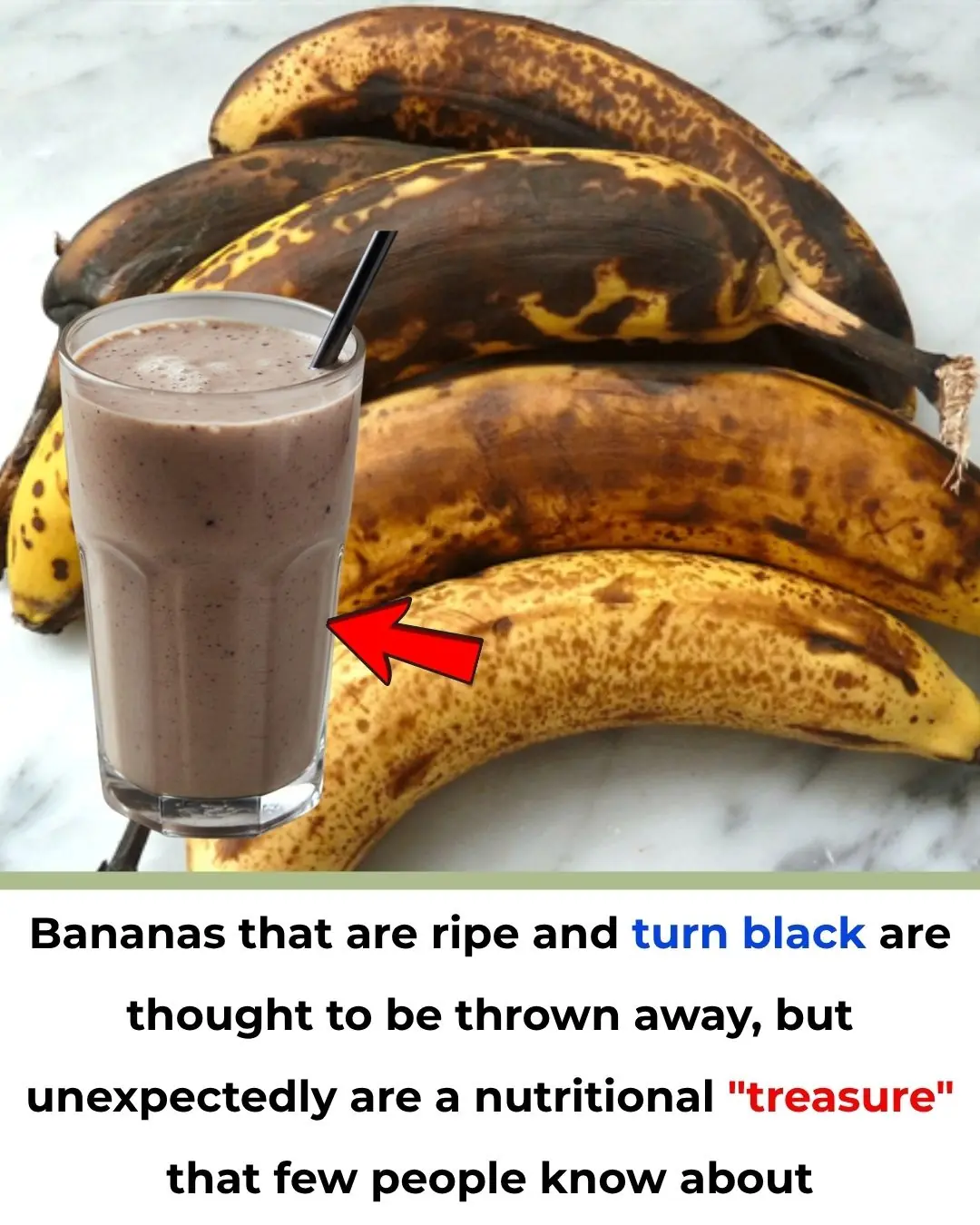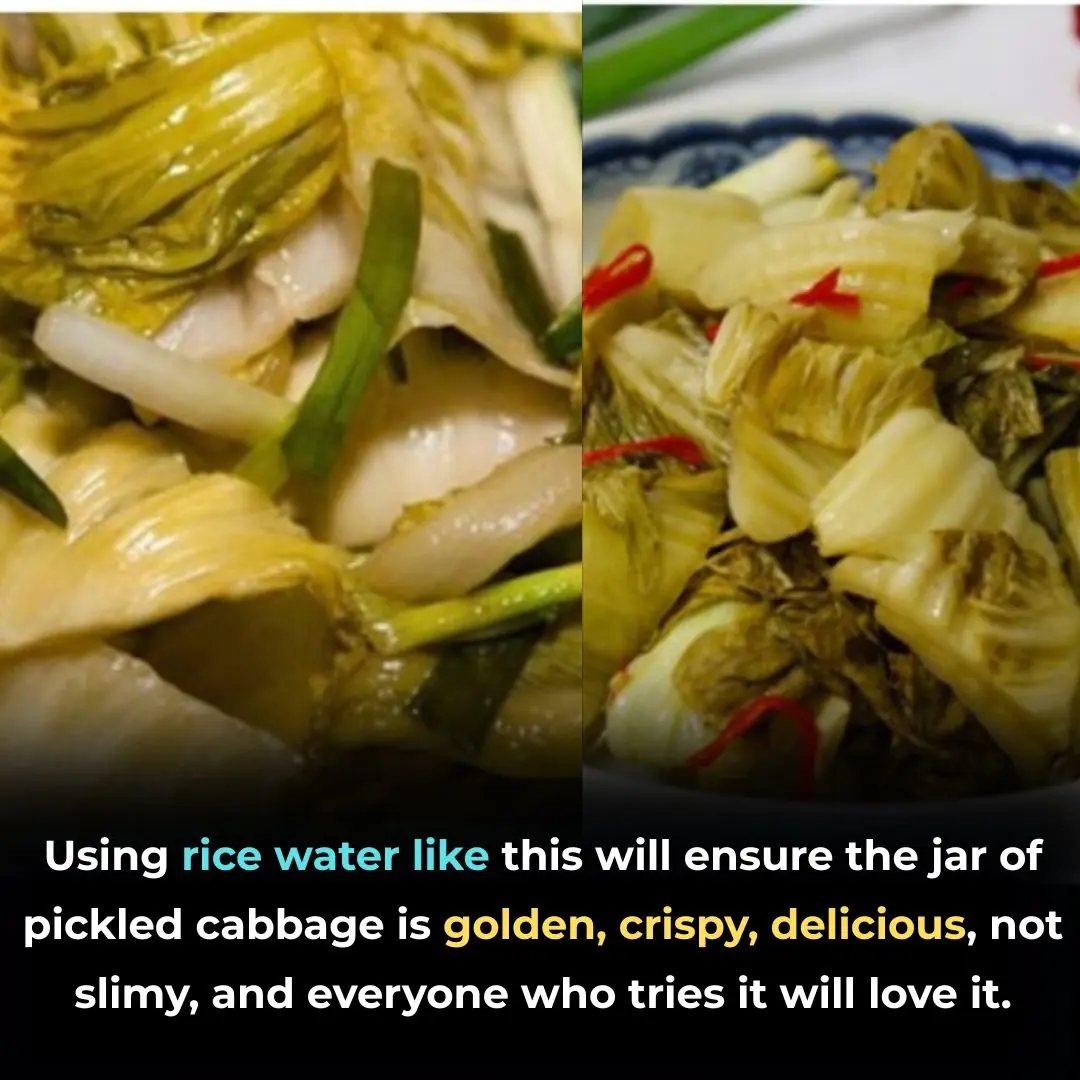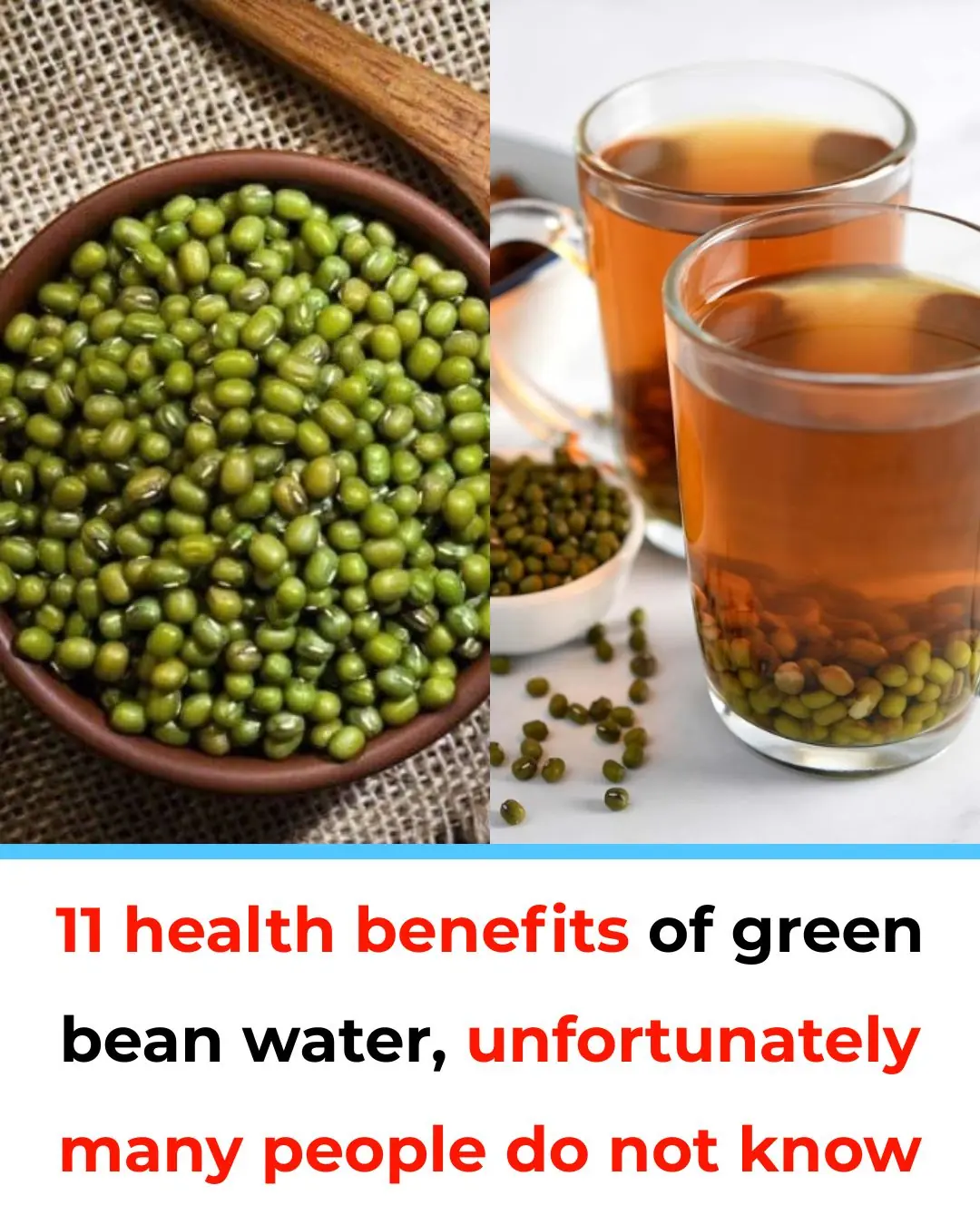
We were wrong to gradually move away from lard

Pork Fat Is Not the Enemy: The Truth About Its Health Benefits
For many years, people have believed that eating pork fat is the main cause of cardiovascular diseases, leading many households to remove it entirely from their kitchens. However, this is a misunderstanding that has unfairly tarnished the reputation of a traditional and nutritious cooking ingredient.
According to Dr. Hoàng Sầm, President of the Institute of Indigenous Medicine of Vietnam, pork fat is an animal-derived fat that actually plays an important role in maintaining human health. Despite this, many Vietnamese families have switched almost completely to using vegetable oils, fearing that pork fat causes heart disease or high cholesterol. In reality, this fear is largely based on outdated or oversimplified information.
Pork fat provides essential energy for the body, helps form cell membranes, and supports various biological functions. Nutritionally, it contains around 40% saturated fat, 50–60% monounsaturated fat, and about 10% polyunsaturated fat. This balanced combination helps strengthen blood vessel walls, improve circulation, and may even reduce the risk of stroke and heart disease when consumed in moderation.
It’s important to note, however, that elderly individuals should eat less pork fat, as their metabolism slows down with age. On average, fat should account for 20–30% of total daily energy intake. Overweight individuals are advised to consume less fat, while those who are underweight or physically active can consume a bit more. Since each gram of fat provides about 9 calories, it serves as an excellent source of energy—especially for manual laborers, recovering patients, and growing children who require fat for proper development.
Fat also plays a protective role in the body. It cushions organs, maintains body temperature, and shields against mechanical shocks. That’s why thinner people often feel cold more easily and are less resistant to environmental changes—they simply lack enough fat stores to protect the body.
Dr. Sầm emphasizes that a balanced diet should include both animal fat and vegetable oil. While plant-based oils are healthy, they don’t provide sufficient cholesterol and phosphatides needed for hormone production and cell health. Nutrition experts recommend maintaining a 50:50 ratio between pork fat and vegetable oil for healthy adults. For children under 10, the ratio should be 70:30 in favor of animal fat, while for the elderly, the ratio should shift to 30:70, prioritizing plant oils. This balance ensures adequate energy intake and supports the synthesis of steroid hormones and vitamin D, without raising “bad” cholesterol levels or increasing the risk of fatty liver.
Associate Professor Nguyễn Duy Thịnh, former lecturer at the Institute of Food Technology, Hanoi University of Science and Technology, agrees that cutting pork fat from the diet entirely has been a widespread mistake. He explains that pork fat plays a role in building neural cell membranes and, when consumed moderately, protects blood vessels, helping reduce the risk of heart attack or stroke. Moreover, pork fat enhances the absorption of vitamin A and supports brain development in children. Research has even shown that incorporating pork fat in children’s meals can stimulate appetite and help treat loss of appetite or poor eating habits.
When used in cooking, pork fat is more stable at high temperatures than many vegetable oils. Unlike certain refined oils that can form harmful compounds when overheated, pork fat’s fatty acids remain relatively stable, producing fewer carcinogenic byproducts. This makes it an excellent choice for deep-fried or stir-fried dishes that require high heat.
That said, moderation remains key. Pork fat is high in saturated fats, so excessive consumption can lead to nutrient imbalances and health issues. People with heart disease, stroke history, or high cholesterol should use it sparingly. The healthiest approach is to use pork fat as part of a balanced and varied diet, rather than eliminating or overusing it.
In short, pork fat is not the enemy—it’s a traditional, natural source of nutrition that, when used properly, can benefit both children and adults. Reintroducing it sensibly into your kitchen could not only enhance flavor but also help maintain better overall health.
News in the same category


Great tips for the bathroom: Disposable masks can 'eliminate' bad odors, making the space surprisingly clean and fragrant

Save this for when you need it: How to cure 46 diseases with medicine-free tips

Why do gourmets always choose places with lots of leftover tissues when eating out?

Don't throw away leftover lemon peels in the kitchen, keep them for 5 great benefits

Insert a cotton swab into a bottle of essential oil and place it anywhere for good results.

Moldy wooden cutting boards, can only be thrown away after washing with soap: Pour this on for 5 minutes and the cutting board will be as clean as new.

WARNING: Fake milk is spreading, how to distinguish REAL - FAKE powdered milk simply with just 1 cup of cold water

Using rice water like this will ensure the jar of pickled cabbage is golden, crispy, delicious, not slimy, and everyone who tries it will love it.

From the case of injecting essence to turn 14 tons of buffalo meat into beef: If you see these signs in beef, absolutely do not buy it.

Putting Ice Cubes into Boiling Soup: A Clever Trick Many People Don’t Know

Think Twice Before Drinking Bottled Water in Hotel Rooms – Here's Why It's Not Always Safe or Worth It

A simple tip you probably need right now.

3 extremely simple tips to remove odors right after cooking in the kitchen

The washing machine accumulates a lot of dirt and bacteria: Pour 1 bowl of this into the washing drum to make it clean like new, clothes will smell fresh right away

11 health benefits of green bean water, unfortunately many people do not know

These household appliances will quickly break if you use dishwashing liquid to clean them

How to Dry Clothes Quickly and Odor-Free on Damp, Humid Days — No Dryer Needed
News Post

A Heart That Refuses to Give Up — Dorotka’s Fight for Life

Branson Blevins: A Young Warrior’s Battle Against Adversity

The Silent Reunion — A Soldier, A Dog, and the Sound of Love

A Family’s World Turned Upside Down: Little Marcelek’s Fight Against a Rare Tumor

When Chimps Became Caretakers: The Unbelievable Bond Between Apes and Penguins

A Father’s Plea: Fighting for Elxan’s Life

“God’s Got This” — The Miracles of Little Carson Curry

Iwan’s Fight for a Future: A Family’s Unyielding Hope in the Face of SMA

The Dog, the Woodchuck, and the Day Kindness Floated to Shore

A Fragile Beginning: Baby Zosia’s Fight for Life

Love That Doesn’t Break – A Mother’s Prayer for Brielle

A Life Changed Overnight: Little Jakub’s Fight to Live, Walk, and Smile Again

One Less Line, One More Hope — Theo’s Beautiful Step Forward

Tragedy in Etosha: The Burning Silence of a Dying Giant

TWO HEARTS FIND HOME AGAIN: THE STORY OF JOHN AND SALLY

Born with Half a Heart: Baby Oliwka’s Fight for Life

“Little Warrior: How Raedyn’s Strength and His Mother’s Instincts Kept Him Fighting”

GOODBYE, SWEET SELENA — A MOTHER’S LAST EMBRACE

40-Year-Old Parrot Waits Alone for 2 Weeks in Empty Home, Collapses After Finally Being Rescued.
